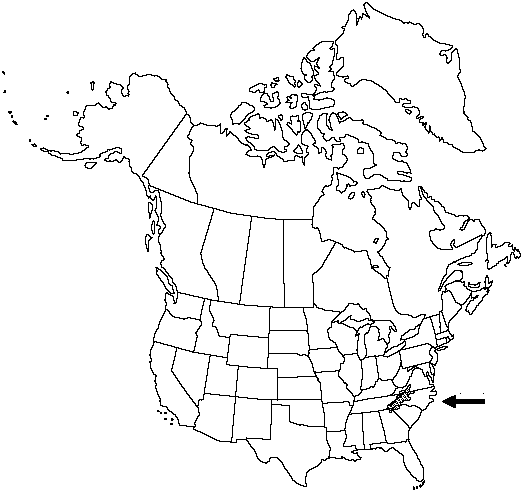Difference between revisions of "Tsuga caroliniana"
Bot. Gaz. 6: 223. 1881.
FNA>Volume Importer |
FNA>Volume Importer |
||
| Line 49: | Line 49: | ||
|publication year=1881 | |publication year=1881 | ||
|special status= | |special status= | ||
| − | |source xml=https://jpend@bitbucket.org/aafc-mbb/fna-data-curation.git/src/ | + | |source xml=https://jpend@bitbucket.org/aafc-mbb/fna-data-curation.git/src/f6b125a955440c0872999024f038d74684f65921/coarse_grained_fna_xml/V2/V2_285.xml |
|genus=Tsuga | |genus=Tsuga | ||
|species=Tsuga caroliniana | |species=Tsuga caroliniana | ||
Revision as of 18:55, 24 September 2019
Trees to 30m; trunk to 2m diam.; crown conic. Bark brown, scaly and fissured. Twigs light brown, thinly covered with short, dark hairs. Buds oblong, 2–3mm. Leaves 10–20mm, mostly spreading in all directions from twigs, flat but slightly revolute; abaxial surface glaucous, with 2 broad, conspicuous stomatal bands, adaxial surface shiny green; margins entire. Seed cones ovoid to oblong, 2.5–4 × 1.5–2.5cm; scales oblong, 12–18 × 8–12mm, bases clawed, apex rounded. 2n =24.
Habitat: Rocky montane slopes
Elevation: 700–1200m
Distribution

Ga., N.C., S.C., Tenn., Va.
Discussion
Tsuga caroliniana is valuable as an attractive ornamental; a number of cultivars have been developed. The wood is of little commercial importance because of the combination of mediocre quality and the relative rarity of the species in nature.